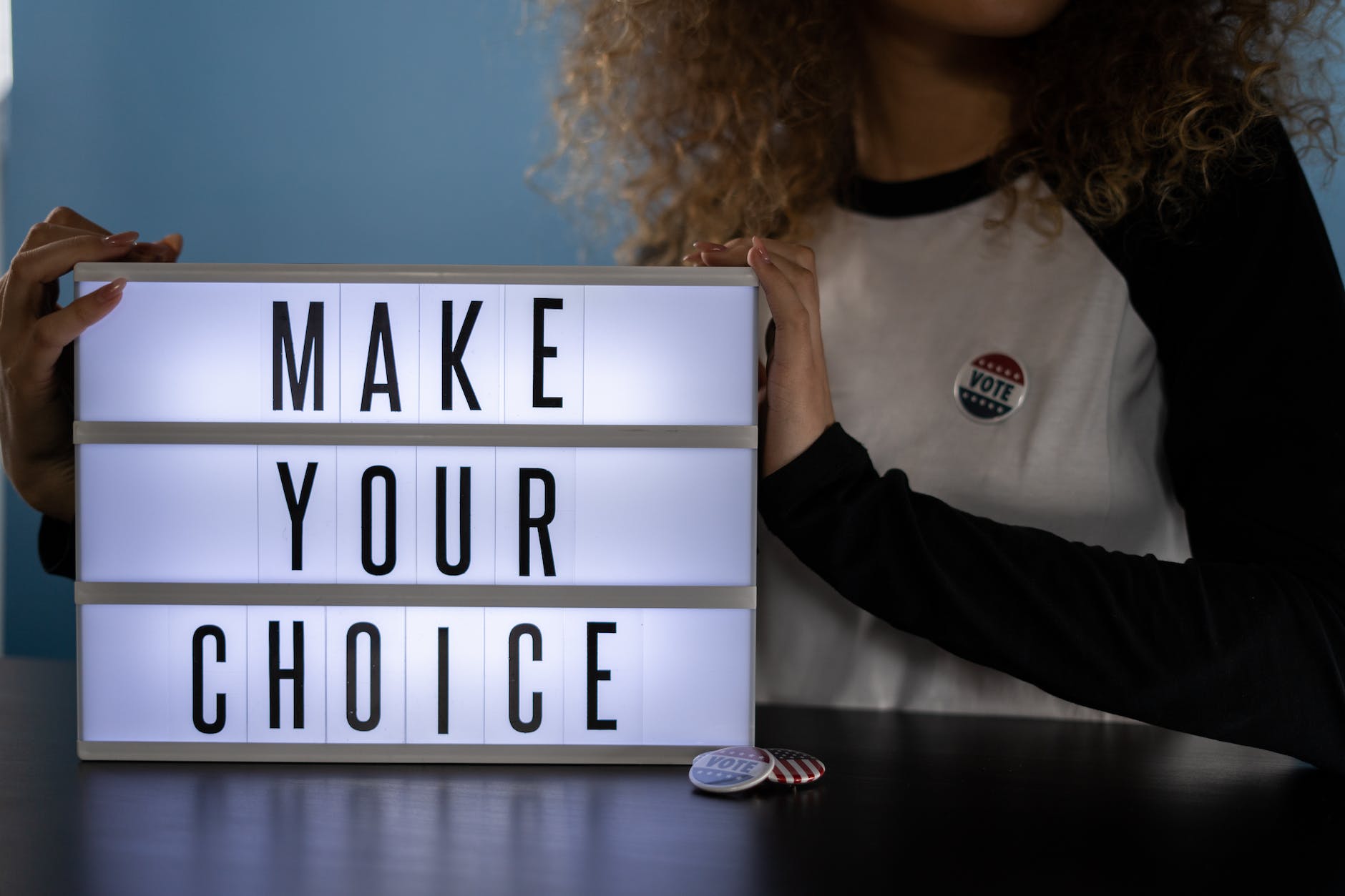Are humans evil? Are humans inherently evil? There’s a popular hypothesis that says we are. It’s a great excuse for bad behavior. But believing we can’t help ourselves has never set well with me. Kind of like when some guys use ‘millions of years of evolution’ as an excuse to…
Tag: enlightenment
KEW Episode 65: How Do We Know if We Really Know What We Think We Know?
To some, this is a ridiculous question steeped in pointless naval gazing. To others, it’s a comedic take on people who ask the ‘big questions’. To others this is a reasonable assessment of what we want to understand. To me, it’s all three at the same time. And maybe that’s…
KEW Episode 50: The Are vs. Should Problem
This episode is a milestone for several reasons. One, it’s the 50th episode and, for a weekly podcast that means it has been about a year, which is also a not insignificant milestone. For a one-man-band hobby podcaster, that’s a pretty good run. When I started KEW I wasn’t sure…
KEW Curiosity Interview Series 10: Chris Burcher
This is the final episode in the Knowledge + Experience = Wisdom Curiosity series. I really didn’t know what I was getting myself into, whether I’d be a good interviewer, or whether people I did, or didn’t know, would have anything interesting to say about Curiosity. Well, I learned a…

